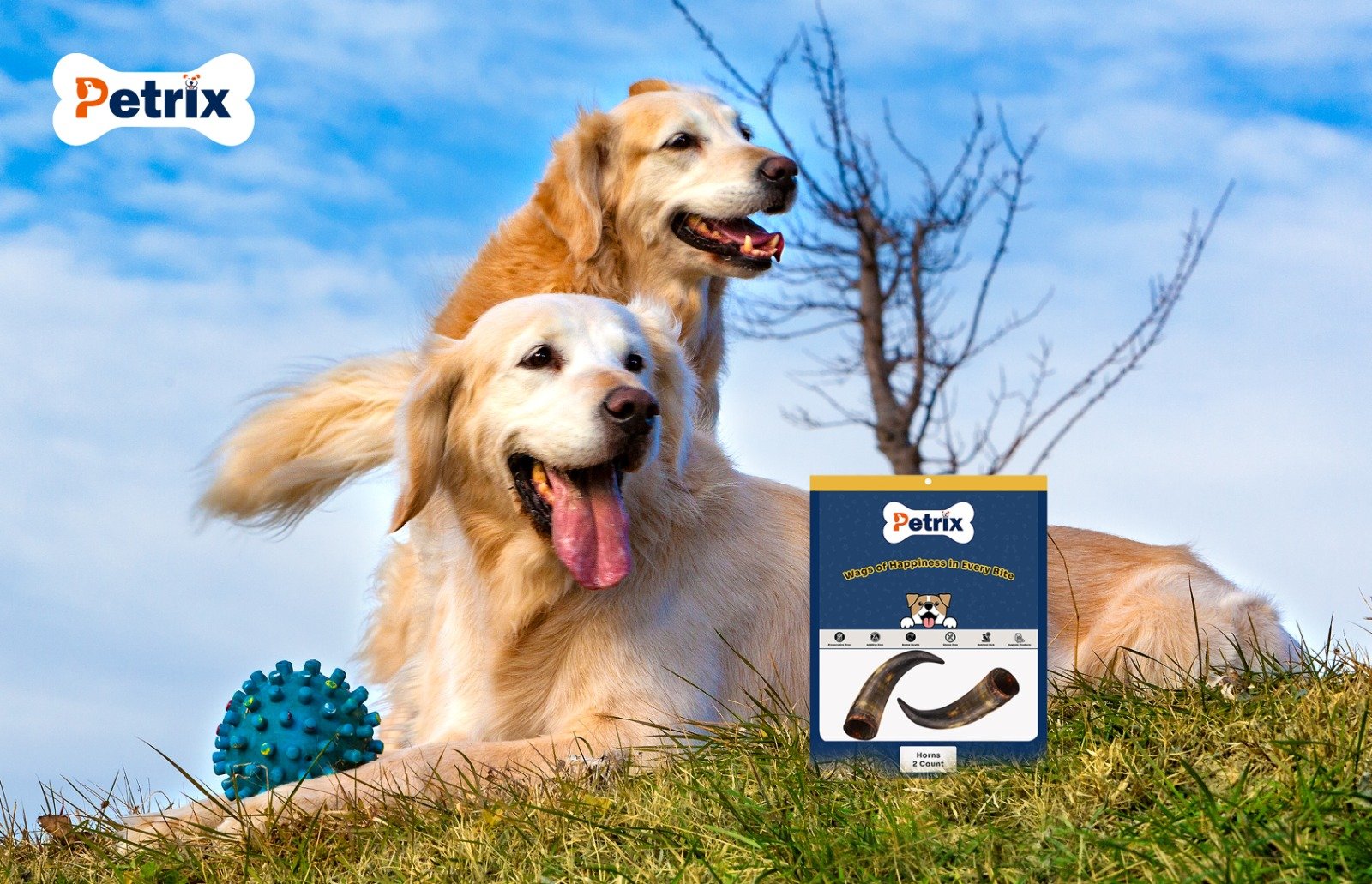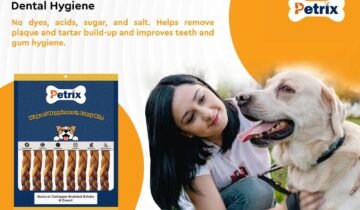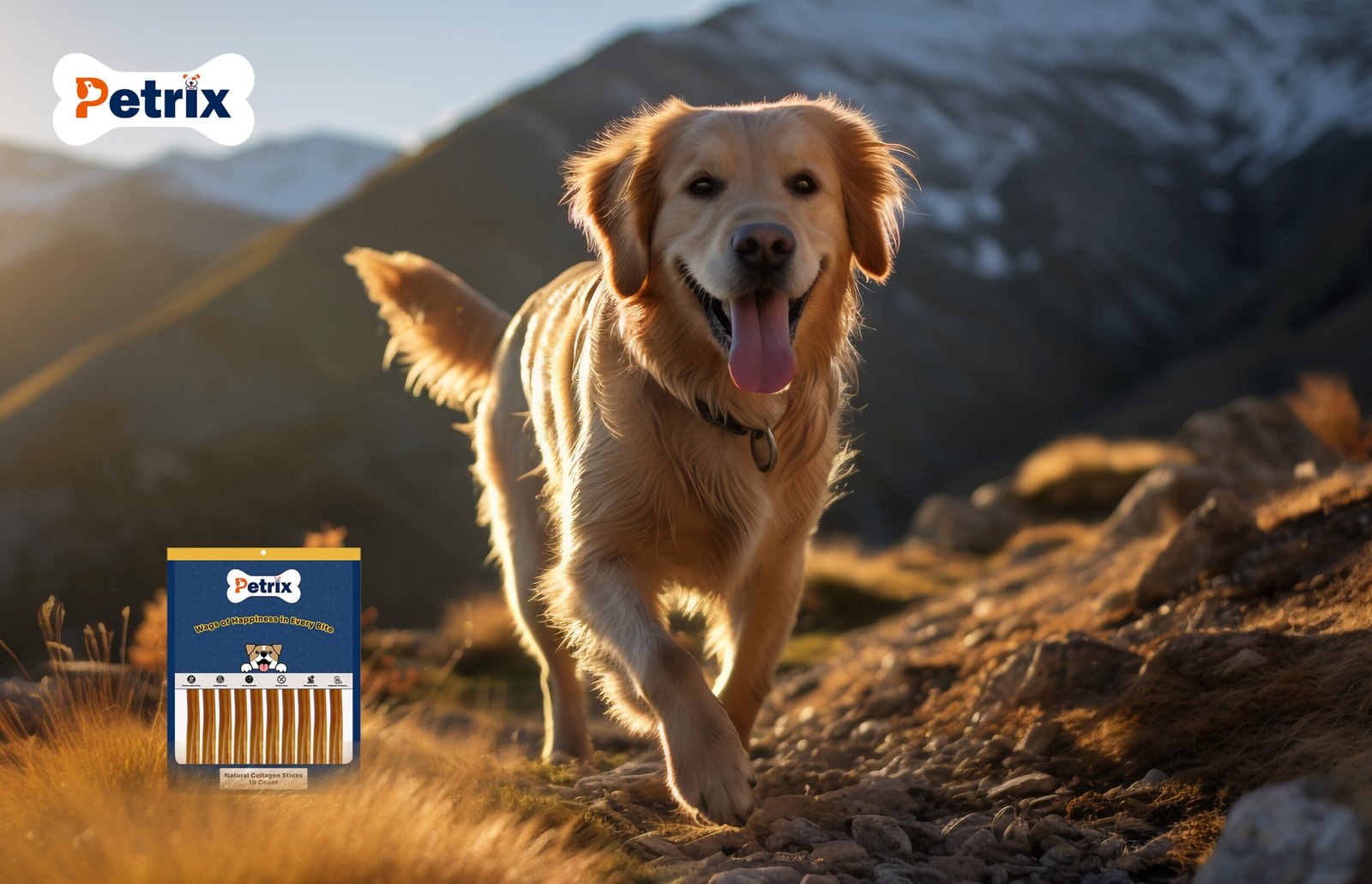Chewing is a natural and essential activity for dogs. It helps with dental hygiene, provides mental stimulation, and satisfies their instinctive urge to gnaw. However, when dogs lack appropriate outlets for chewing, they may turn to destructive behaviors—damaging furniture, shoes, and other household items. Providing the right dog chews can prevent destructive chewing and contribute to a healthier, happier pet.
1. Understanding Why Dogs Chew
Dogs chew for several reasons, including:
- Teething: Puppies experience discomfort when their baby teeth fall out and are replaced by adult teeth.
- Boredom: Lack of stimulation can lead to destructive chewing as a way to pass time.
- Anxiety & Stress: Chewing releases endorphins, which help calm anxious dogs.
- Exploration: Dogs use their mouths to understand their environment.
- Hunger: Some dogs chew when they feel hungry or crave attention.
2. How Dog Chews Help Redirect Behavior
Providing appropriate chews can satisfy your dog’s chewing needs while preventing damage to household items.
Mental Stimulation & Engagement
Long-lasting chews keep dogs occupied, providing essential mental stimulation and reducing boredom. This is particularly important for high-energy breeds that require regular engagement.
Dental Health Benefits
Chews help remove plaque and tartar buildup, keeping teeth clean and gums healthy. Healthy teeth contribute to overall well-being and prevent oral discomfort that could lead to chewing problems.
Soothing Anxiety & Stress
Dogs experiencing separation anxiety or stress often chew destructively. Providing natural chews helps relieve anxiety by offering a soothing, repetitive activity.
3. Choosing the Right Chew for Your Dog
Different chews suit different dogs depending on their size, age, and chewing strength. Here are some of the best options:
For Puppies (Teething Stage)
- Soft bully sticks
- Frozen carrot sticks
- Rubber chew toys with a treat inside
For Adult Dogs (Moderate Chewers)
- Yak milk chews
- Beef tendons
- Rawhide-free dental chews
For Aggressive Chewers
- Deer antlers
- Thick bully sticks
- Himalayan yak chews
For Senior Dogs (Sensitive Teeth)
- Soft jerky treats
- Collagen chews
- Dehydrated sweet potato chews
4. Preventing Destructive Chewing Through Training
In addition to providing appropriate chews, training helps redirect bad chewing habits. Here are some tips:
- Positive Reinforcement: Reward your dog for chewing appropriate items.
- Supervision: Monitor chewing behavior to ensure safe use of chews.
- Redirection: If your dog chews on furniture, replace it with a natural chew.
- Consistency: Establish a routine where chews are given as rewards or distractions.
5. The Importance of High-Quality Chews
Choosing natural, chemical-free chews ensures your dog’s safety. Avoid rawhide, which can pose digestive risks. Instead, opt for natural alternatives like:
- Bully sticks
- Beef tendons
- Yak chews
- Dental chews with natural ingredients
6. Conclusion
Dog chews play a crucial role in preventing destructive chewing behavior while promoting dental health, mental stimulation, and anxiety relief. By choosing the right chew for your dog’s size and chewing style, you can create a positive outlet for their natural instincts.
At Petrix, we offer a wide range of high-quality, natural dog chews designed to keep your pet engaged and healthy. Visit Al-Zoya Overseas today to explore our collection and find the perfect chew for your furry friend!




 No products in the cart.
No products in the cart. 